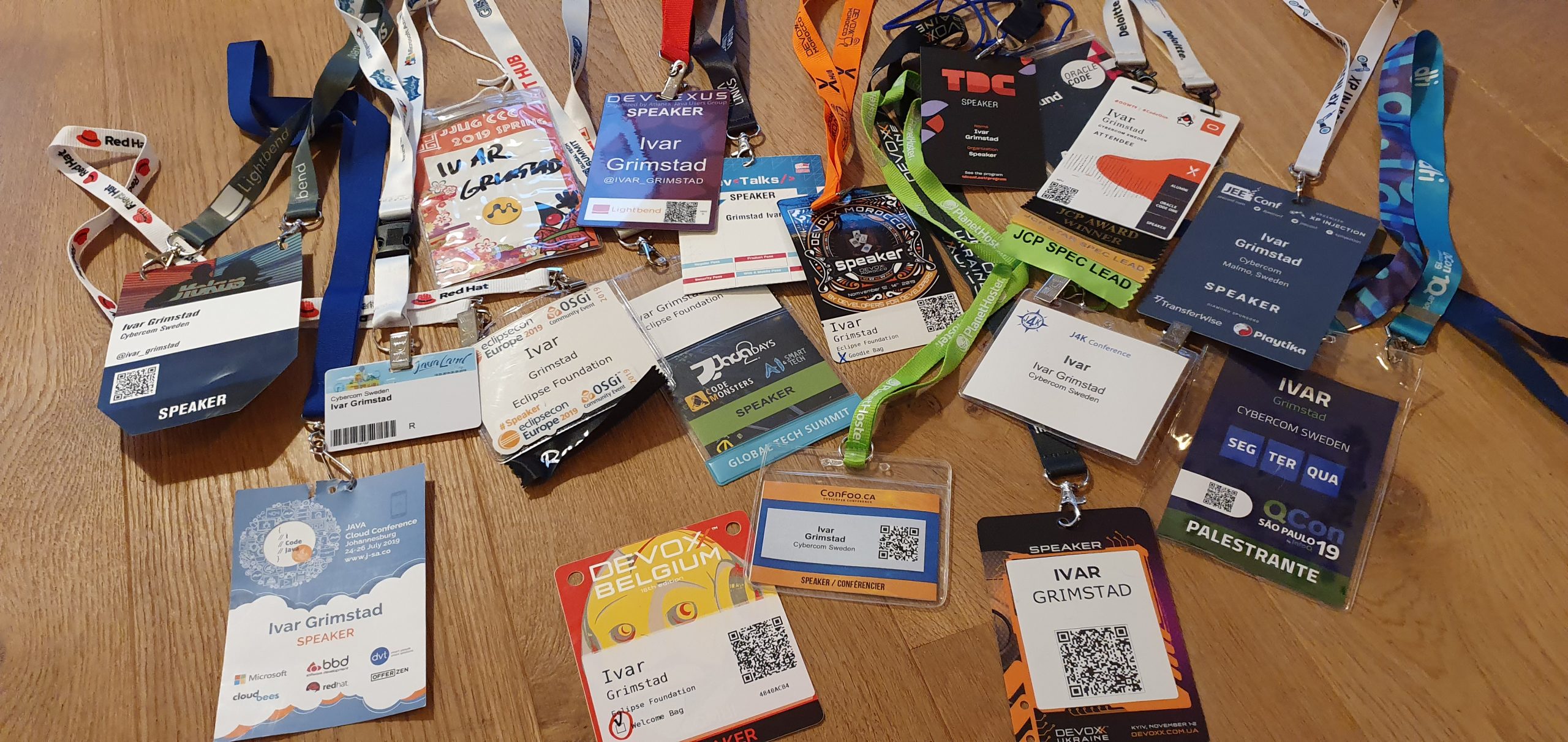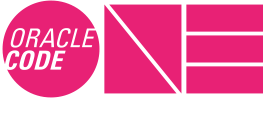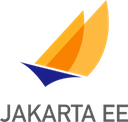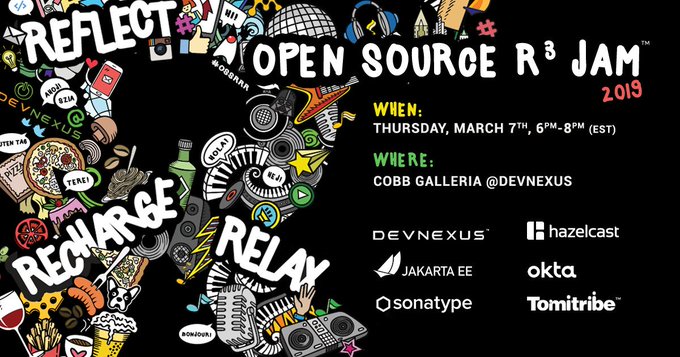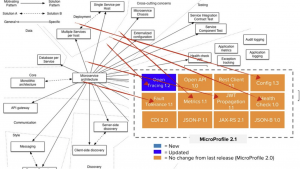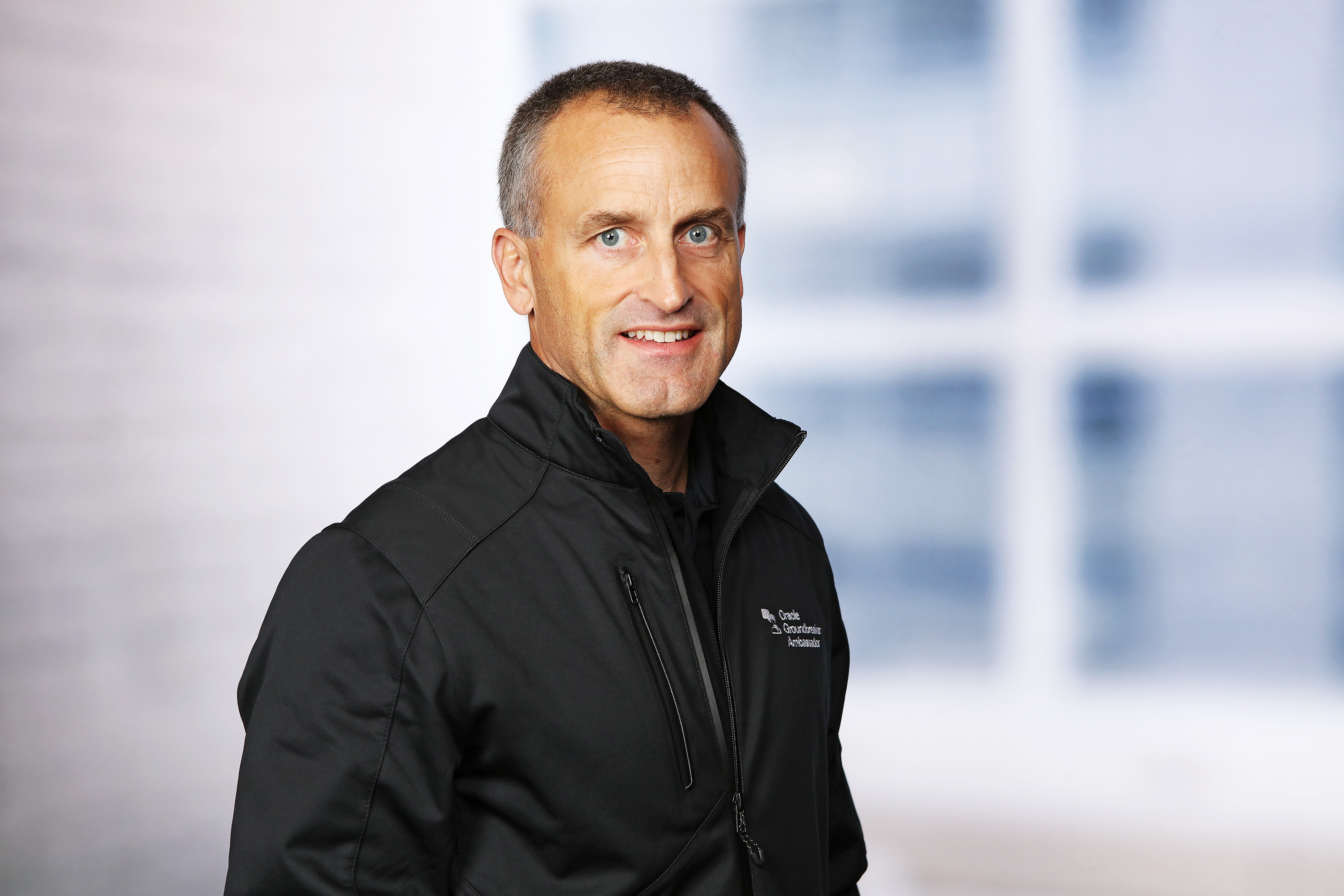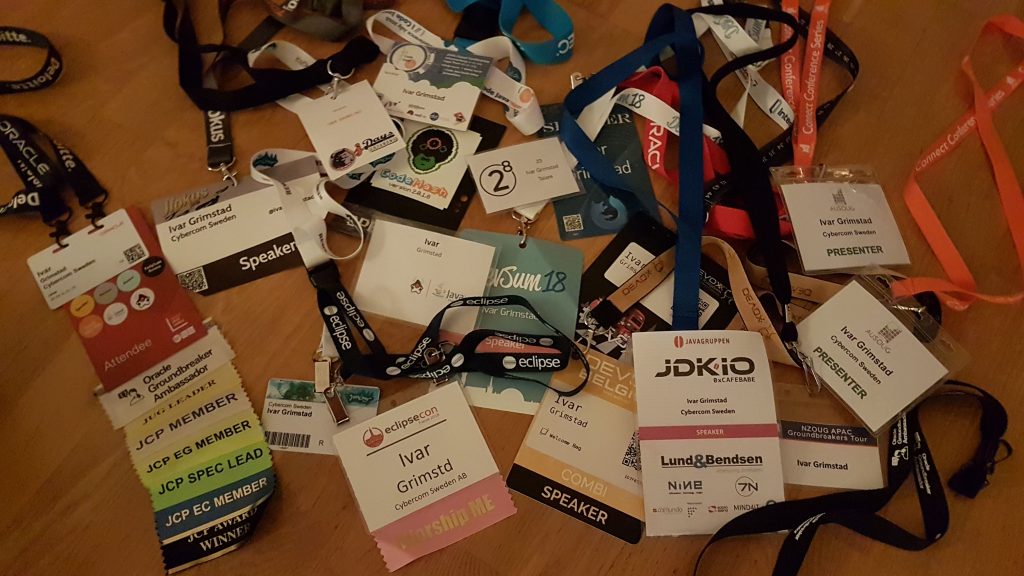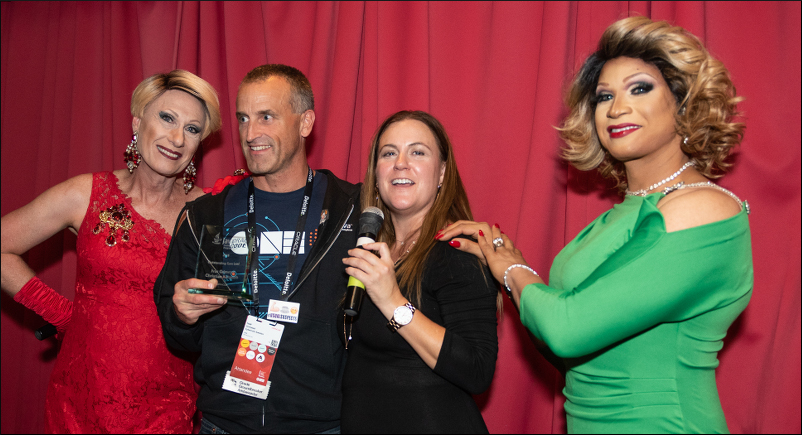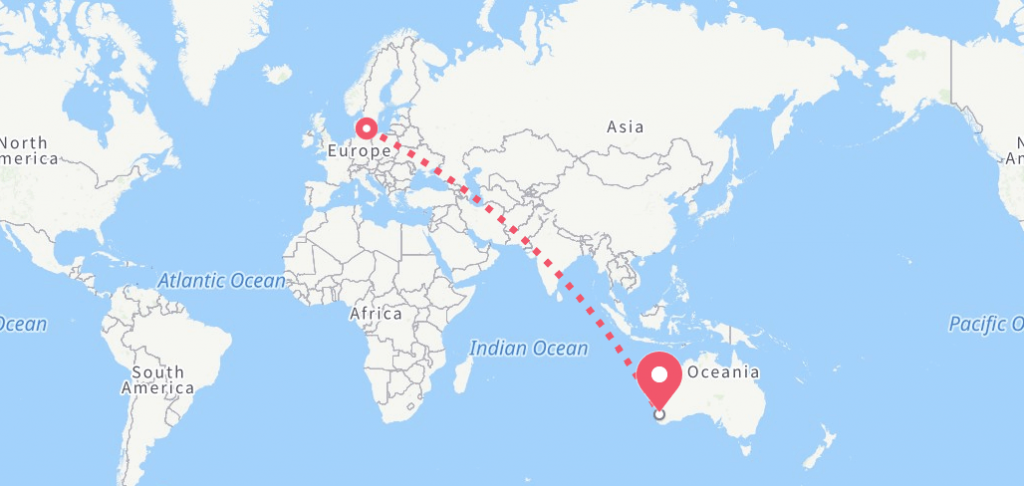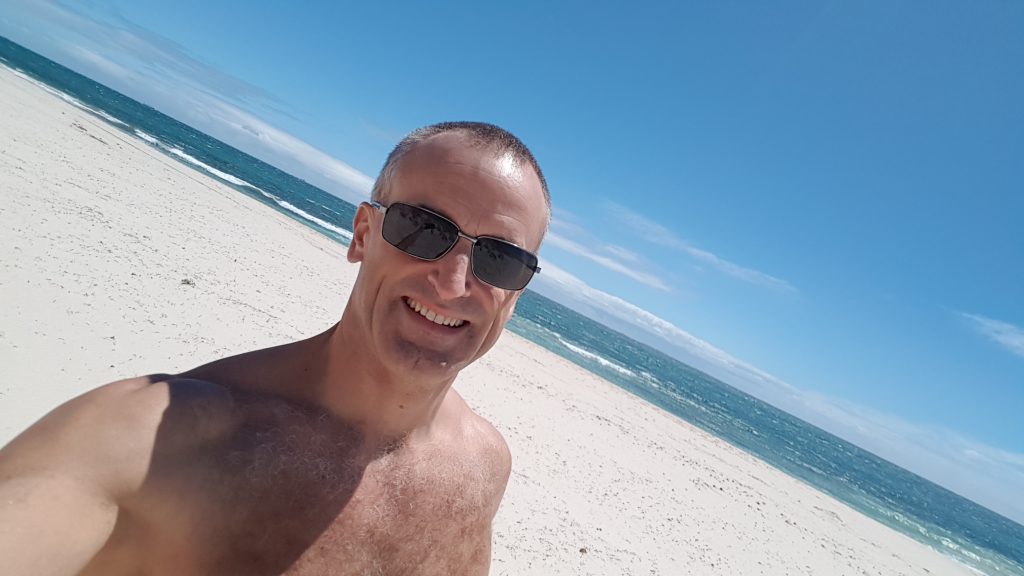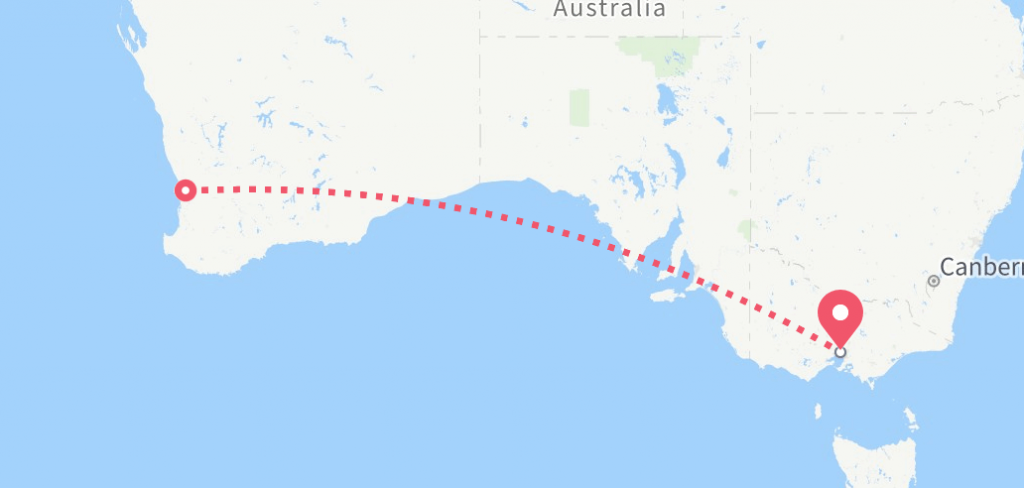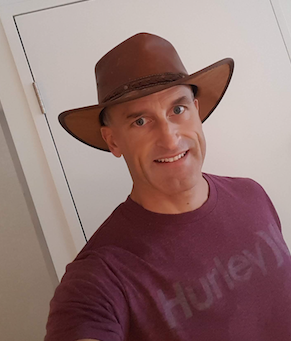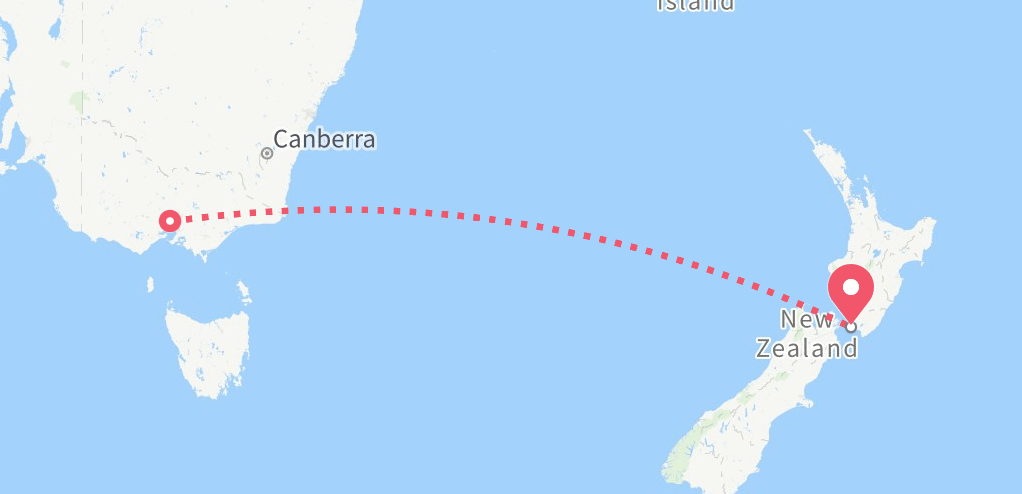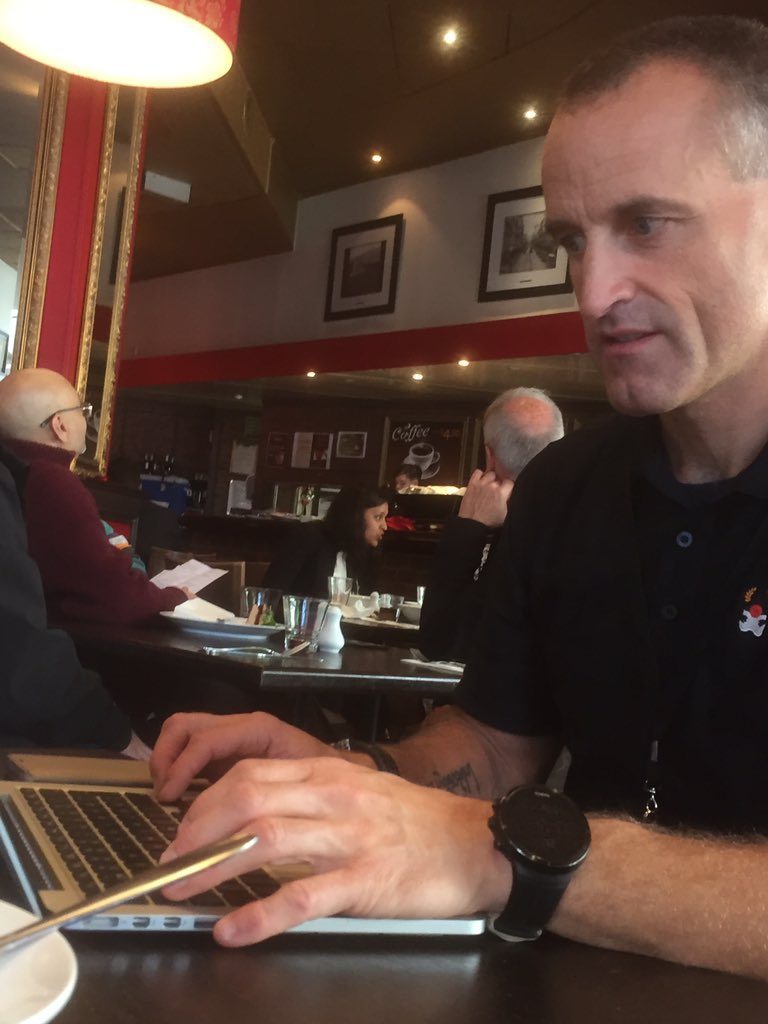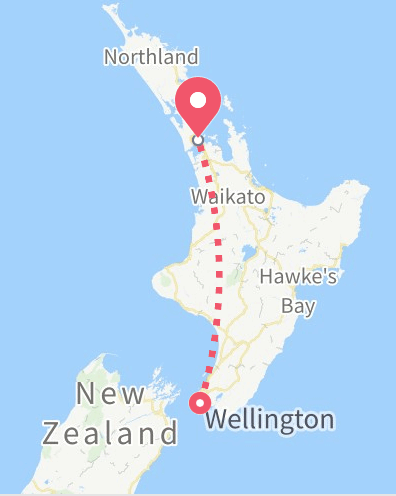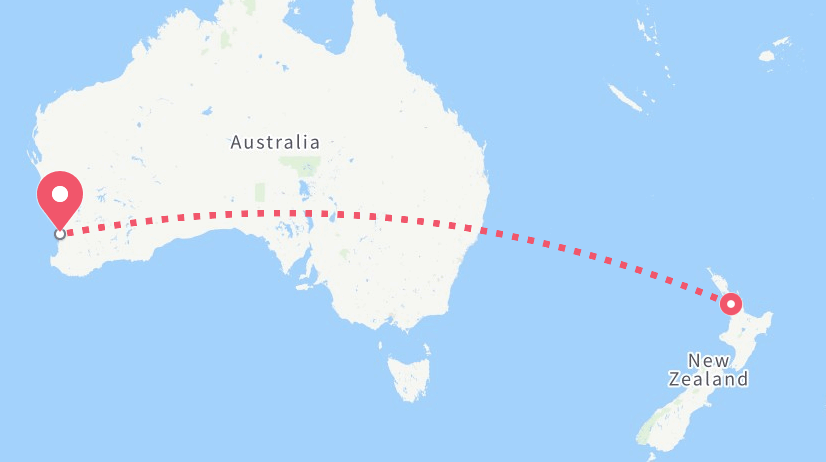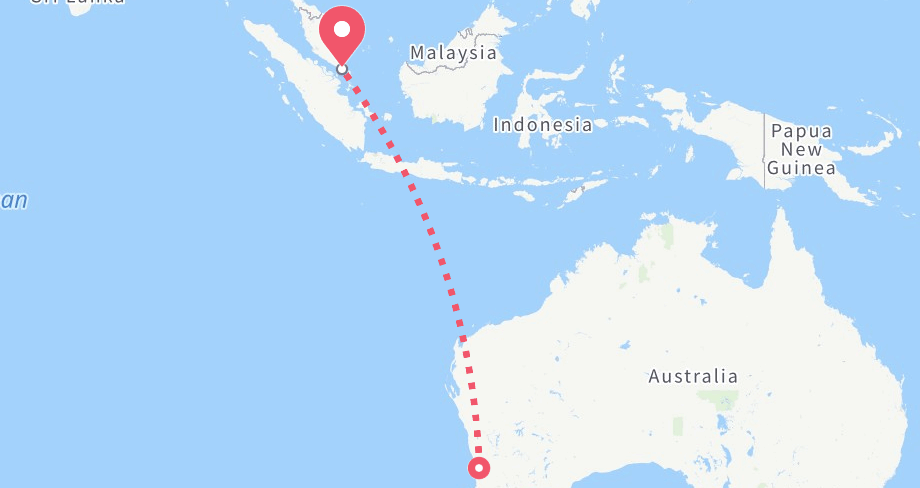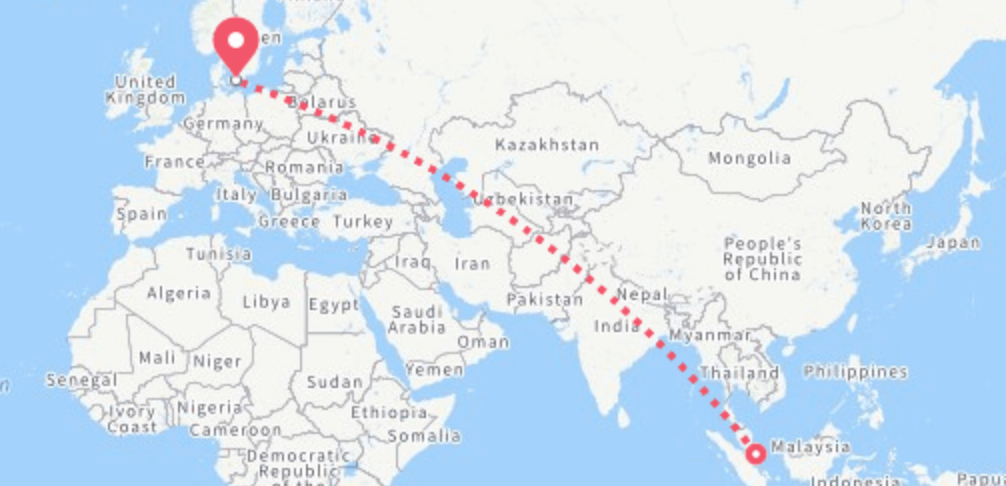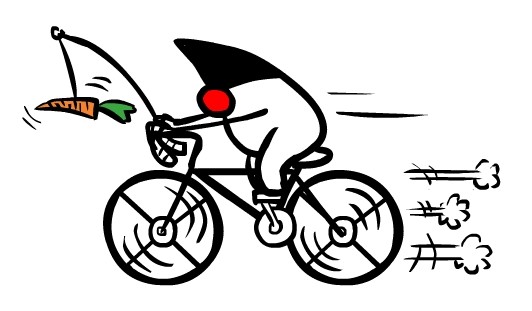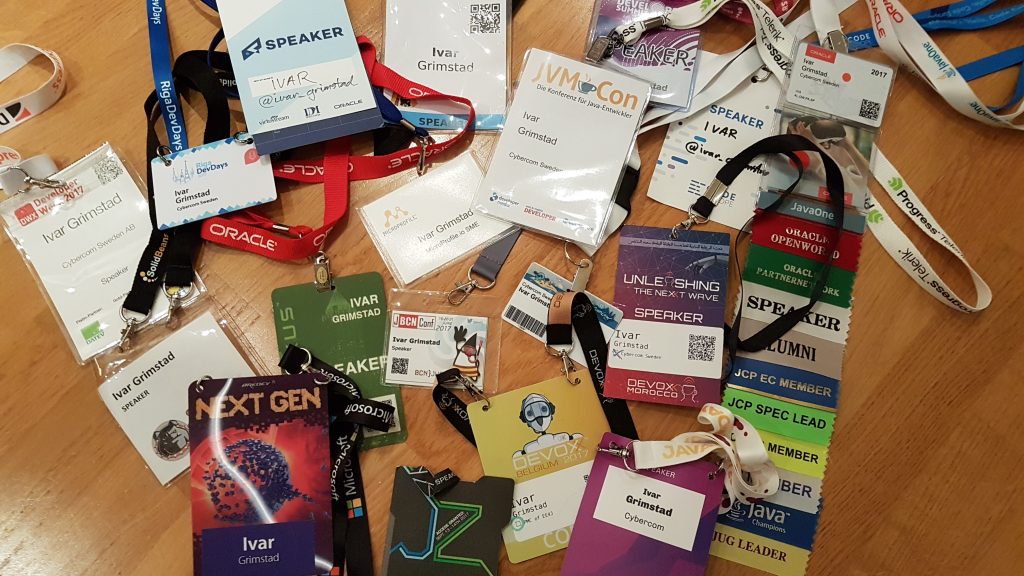The next conference I will be attending is Devnexus in Atlanta which is organized by the Atlanta Java User Group.
This year, Devnexus is extended with a JUG Leader Summit scheduled the day before the conference where there will be more than 40 Java User Groups represented.
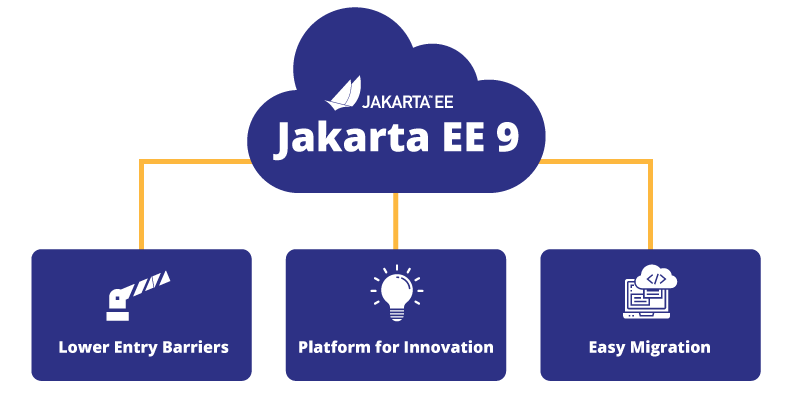
In my session, What’s going on with Jakarta EE, I will provide an update about the ongoing work with Jakarta EE 9. This talk is also an opportunity to come forward and have a dialogue about everything going on in and around the Jakarta EE Working Group at the Eclipse Foundation.
During the conference, you will probably find me around the Jakarta EE booth with Tanja when I am not attending talks by all the amazing speakers. Please visit ut there for an informal chat about open source or to pick up some of our Jakarta EE swag!

